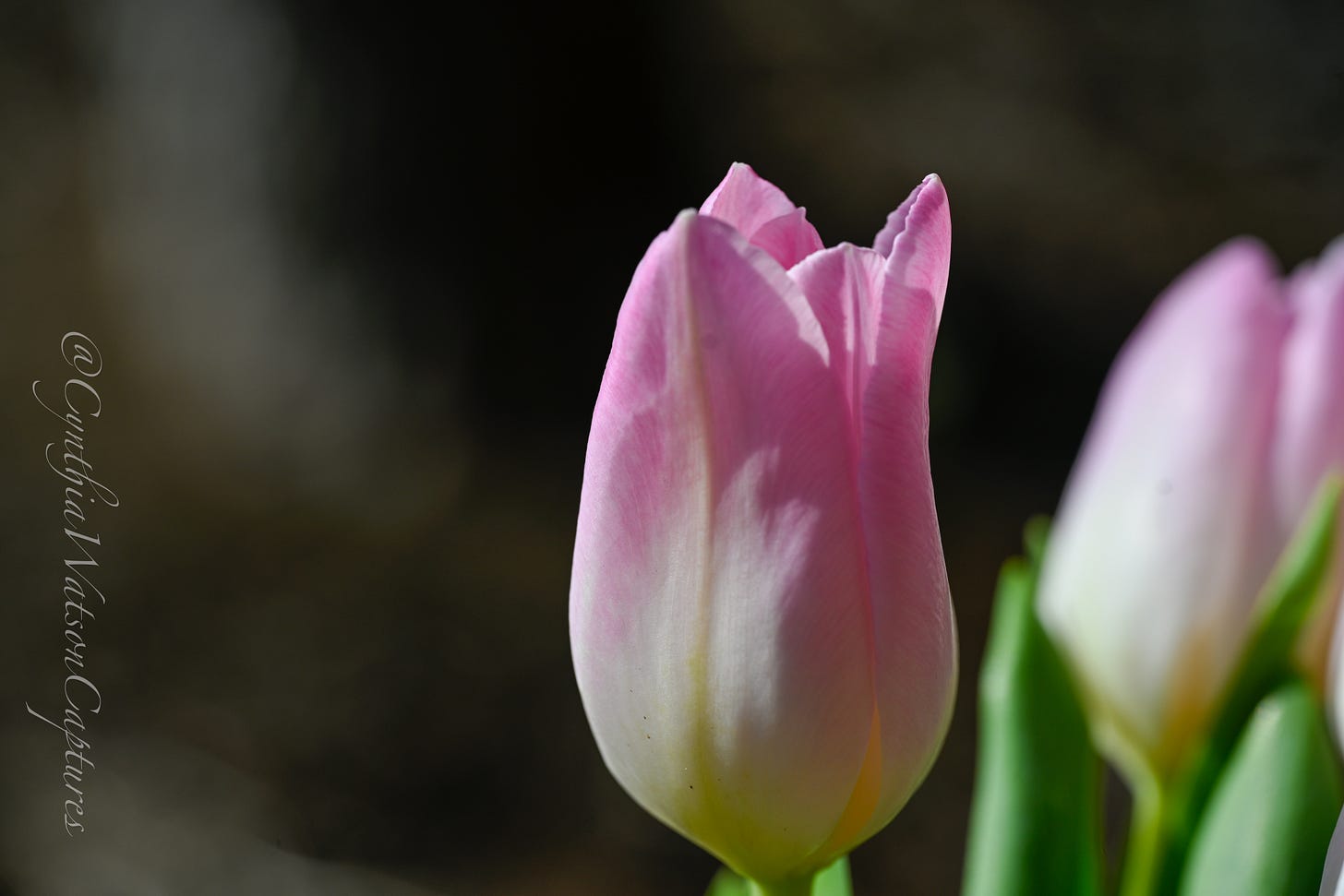I returned to Robert Suettinger’s superb biography of Hu Yaobang, The Conscience of the Party, yesterday to look for a specific passage but became enmeshed in Bob’s words about the Great Proletariat Cultural Revolution between 1965 and 1976. Those of us of a certain age remember the reports of chaos, even though we in the public (I can’t speak to what the intel community knew) didn’t know a lot about the specifics of attacks on many of the most enduring figures from the CCP’s revolutionary march through history.
As I noted in December, Suettinger opens the door for many to understand a pivotal time in China’s history as Hu Yaobang served as a party figure of incredible complexity.
A passage that caught my eye yesterday afternoon in his introductory remarks on the Cultural Revolution.
“Above all, the Cultural Revolution is about Mao Zedong. He is the central figure who plotted the initial moves, guided by the muddled memories and chaotic theories of a seventy-one-year-old revolutionary who perhaps had seen many of his ideas go wrong but could not admit it. He was pampered, jealous, and spiteful, narcissistic yet insecure, fearful that those he had groomed to succeed him were too eager to take power from him. Ever mindful of his enormous personal authority and how he could use it against others, he plotted the downfall of former comrades, connived at their mistreatment…Isolated and lonely, long out of touch with the Chinese people, Mao continued for ten long years to wield his power without concern for its consequences; and in the end, his health and judgment ravaged by illness, he became a pliant tool in the hands of those who translated his incomprehensible grunts into political commands of their own.
…Combining the credulousness of ordinary party members, for whom Marxism was a foreign dogma full of difficult-to-pronounce names and peculiar concepts, with the cynical manipulation of high priests in a theocracy, along with the ruthless discipline of a criminal gang, the CCP had become the dominant force in Chinese society by 1965, when Mao set out to destroy and remake it.
…The distinguishing characteristic of the Cultural Revolution, at least in the early phase, was Mao’s use of the revolutionary fervor of the nation’s youth to batter down resistance within the party to his ideas and programs…Ultimately, acting at his behest, those youth would become an instrument of mob rule”. (pp. 169-170)
Few topics will likely have greater scrutiny throughout modern history because the damage to China remains painfully evident today. A single-man dominant rule is almost invariably problematic. Millions of Chinese suffered physical pain; many of them are still alive in a country where health care is marginal. Like a television play, this catastrophe was on top of starvation and mismanagement inflicted less than a decade earlier under the poorly conceived Great Leap Forward (1958-61). All of it was emotional retribution for an aging leader’s paranoia and personal sense of victimization stored for decades. Fully fifty years after the episode ended with that “leader’s” death in September 1976, the current CCP leadership continues to struggle to put the period into the never-to-be repeated category unquestionably. Xi Jinping, after all, came of age during the CR as a man currently in his early 70s.
But the public has long memories and profound doubts about those who sacrificed the nation to curry favor with a known pernicious figure.
China has its unique history, of course, with the Cultural Revolution arguably the most damaging event (too bad there were many) of the twentieth century. I would rank it among the most despicable behaviors in history, comparable to Stalin’s purges and the Holocaust. The CCP, with its Leninist, hierarchical structure, certainly made things easier for the Great Helmsman first to authorize, then stand back as if surprised by the wholesale destruction by the Party he led.
Millions at universities forgot the nation’s recent woes, preferring to become privileged by certainty in their moves to destroy possible laggards in their unfettered devotion to an ideal rather than a distinctly broken man. The youth were the crème of a society mired in poverty following a century of political chaos, war, and gross mismanagement.
As Red Guards, their haughty, cruel, and violent demands to eradicate the old and the bourgeois in favor of a seductively impressive “new”. They knew little about the man accustomed to sacrificing many colleagues over the prior forty years. The students Mao cultivated were the closest to naive children until their elaborate shenanigans and agitation became too pervasive for even the sycophants still singing the praises of this wholesale societal upheaval.
What troubles me most about this period is how many people stood by, watching as if nothing important were underway while they hoped someone else would make Mao stop. I may be projecting here, but when we look at someone like Lin Biao, it’s shocking how foolish his actions appear. Lin was a shill for Mao’s actions, originating the idea of Mao’s brilliant statements in the Little Red Book. For a period, Mao treated Lin as his designated successor (never a good move in any authoritarian system where whims shift like a Midwest forecast in February). Before the latter’s mysterious fatal Mongolian plane crash in 1971, Lin fell from grace, as did virtually everyone else who circled to protect and celebrate the CCP mastermind.
It was the definition of brutality in society.
Hu Yaobang urged reforms within the Party as a result of this demoralizing chaos, but the Party sidelined him in hopes of satisfying Mao. He and so many others exiled to the countryside lived out their lives—and do today—worried a repeat of the cycle could happen as institutions trusted, and everything else about society was radically different, even after the instigators disappeared and violence subsided.
Revolutions are potent events. They undermine an old order that people may actually look back on later with more positive, second thoughts. What is inexplicable is why many watch society’s order—in the broadest sense—disintegrate with profound foreboding, as if they were watching things done only to and by someone else.
Leadership anywhere means the burdens of responsibility. Of course, those who stood up to Mao paid a price, but they had more chance of changing his behavior than the actual victims, who were powerless. Leadership is not merely being a senior official; leaders put their necks out to stop malevolence as it occurs. One person standing up might not have prevented the horrors, but acquiescence assured fewer obstacles.
History is blistering to those who cower, as did many in the CCP. Why is it so hard to recognize that actions create consequences when that is the point?
Mao was a survivor, of course, as so many authoritarians are. He never faced the consequences of the Cultural Revolution. The Great Helmsman welcomed Richard Nixon and Henry the K as they made a pilgrimage to thaw relations between the White House and Zhongnanhai in February 1972. In the end, chronic heart disease, gluttony, and old age killed Mao; too few people in China mentioned the millions he sent to the pig farms to dig ditches and clean pens based on a whim by the Party leadership and Red Guards. `It’s not even a widely-discussed topic today for fear of upsetting the Party.
China loves to see itself as the Middle Kingdom, a unique land. The Cultural Revolution reminds everyone of the banality of silence in the face of cruelty and chaos.
I welcome your thoughts on this or any column. I don’t expect everyone to have Bob Suettinger’s knowledge of the Great Proletariat Cultural Revolution, but we can all examine human behavior in dangerous times to glean insights and prepare for the future.
I appreciate your time on this or any day you read Actions. I am incredibly thankful for those of you who subscribe with financial backing.
It’s a beautiful March morning in Annapolis. I bought some tulips over the weekend, which made my days brighter. It’s also just nice seeing the change in light that spring offers.
Be well and be safe. FIN
Frank Dikotter, The Cultural Revolution: A People’s History, 1962-1976. London: Bloomsbury Press, 2016.
Roderick MacFarquhar and Michael Schonhals, Mao’s Last Revolution. Cambridge: Belnap Press, 2008.
Philip Short, Mao: the Man Who Made China. paperback edition. London: Tauris Press, 2017.
Robert L. Suettinger, The Conscience of the Party: Hu Yaobang, China’s Communist Reformer. Cambridge: Harvard University Press, 2024.
Cynthia Watson, “Unexpected Conscience”, CynthiaWatson.substack.com, 29 December 2024, retrieved at






Moi???
For a while there I thought you talking about the USA in 2025.